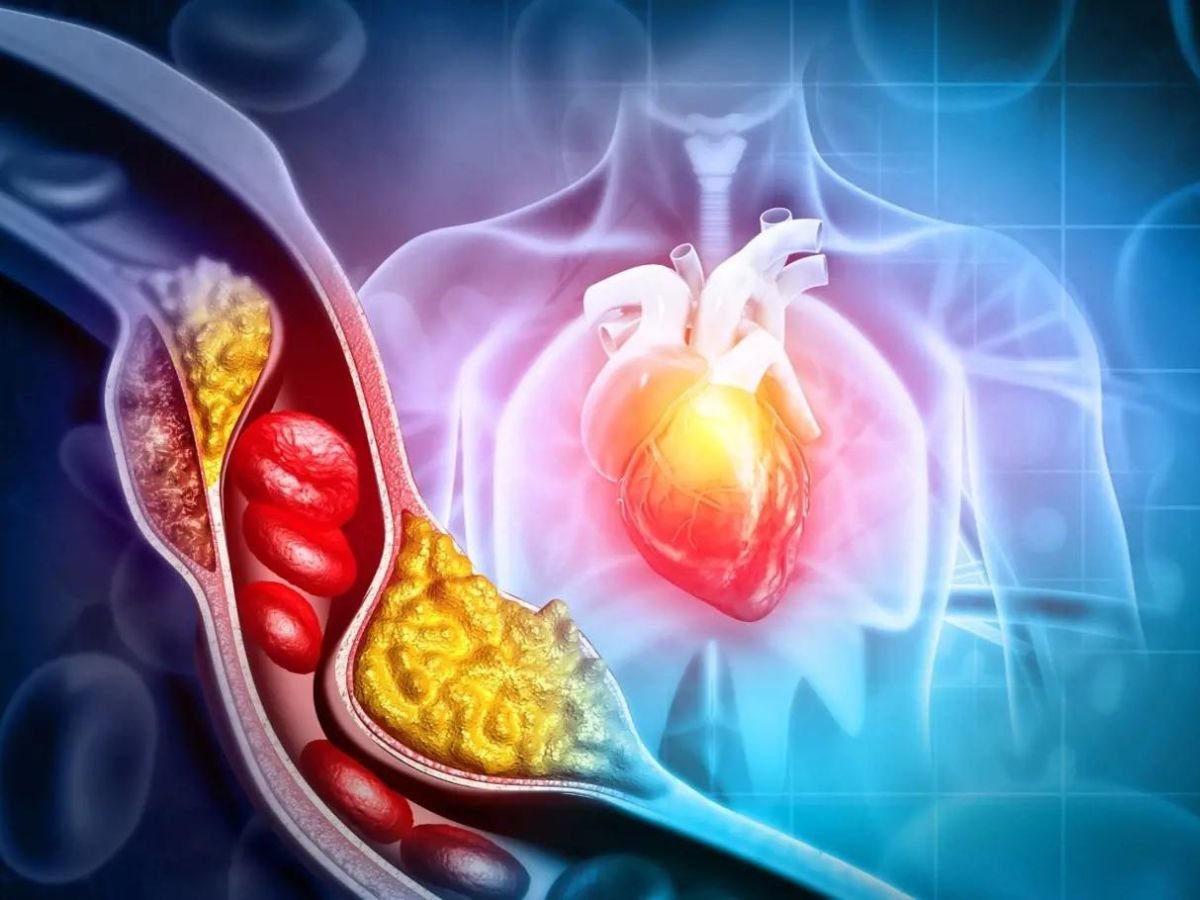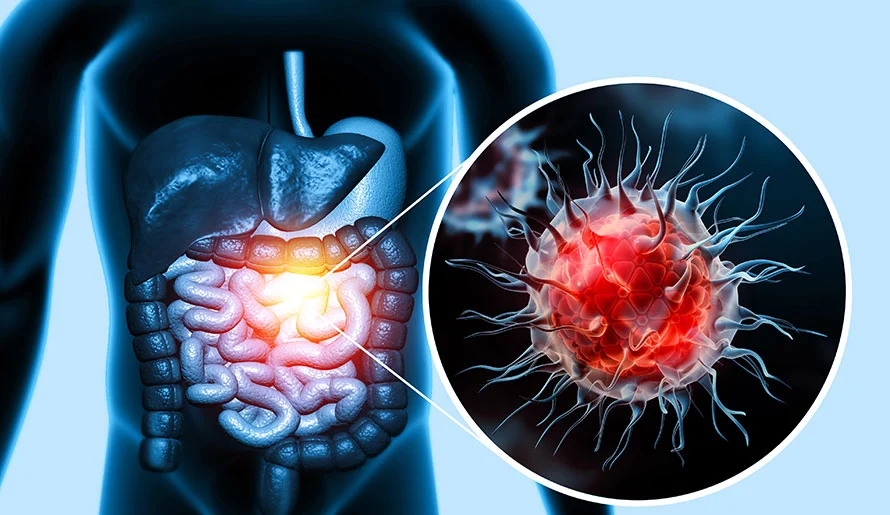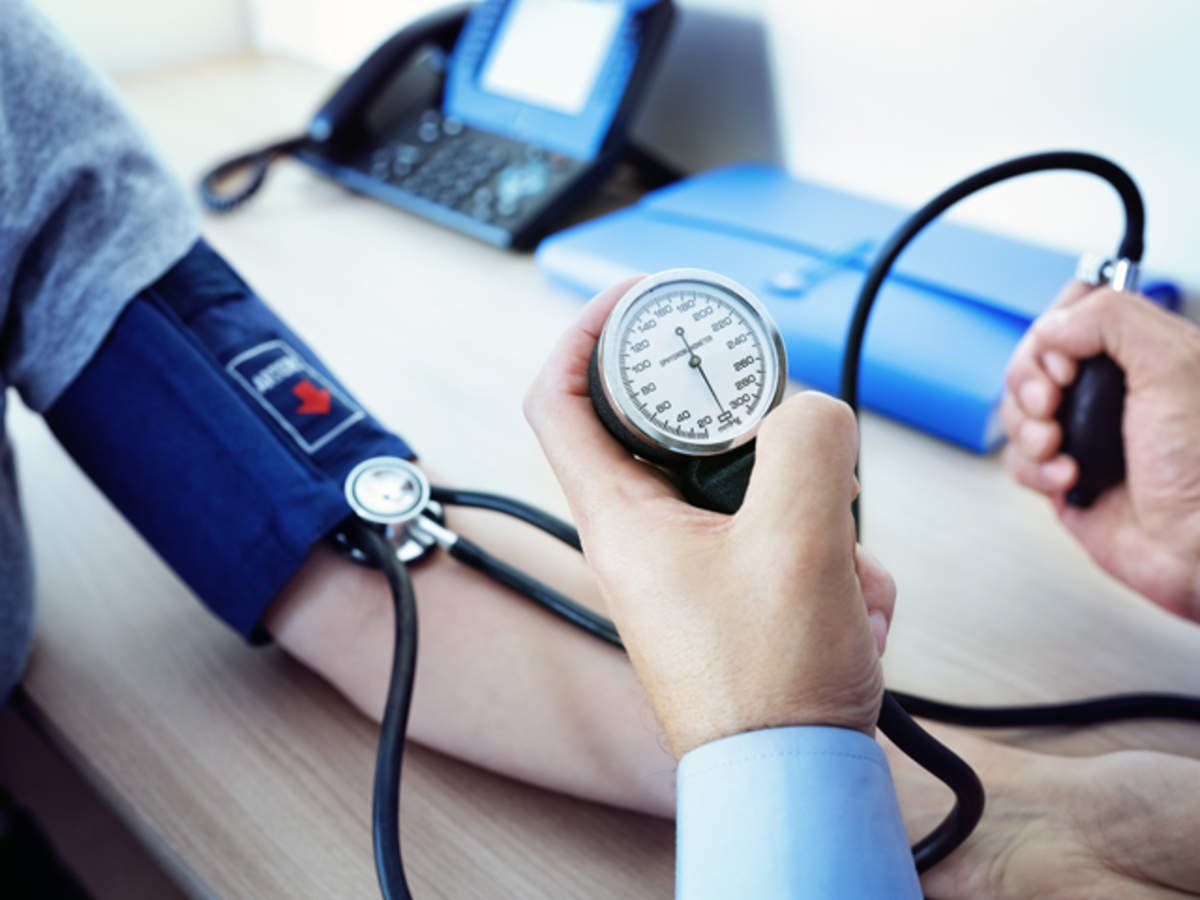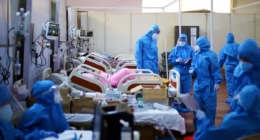New Delhi, 08 January 2025: In a significant public health announcement, the US Surgeon General has emphasized that even moderate alcohol consumption can increase the risk of cancer. Citing new evidence, the top health official has recommended that alcoholic beverage bottles include warning labels to inform consumers about the potential risks. This move aligns with growing efforts to raise awareness of alcohol’s link to various cancers, challenging long-held perceptions about “safe” levels of drinking.
Alcohol and Cancer: A Growing Concern
Alcohol consumption has long been associated with various health issues, but its connection to cancer has not been as widely recognized. Recent studies have revealed that even small amounts of alcohol can increase the risk of cancers such as:
Mouth and Throat Cancer: Alcohol irritates the mucous membranes, increasing susceptibility to carcinogens.
Esophageal Cancer: Strongly linked to both alcohol consumption and smoking.
Liver Cancer: Chronic alcohol use contributes to liver cirrhosis, a precursor to liver cancer.
Breast Cancer: Even light drinking has been associated with a heightened risk of breast cancer in women.
Colorectal Cancer: Alcohol can impact DNA repair processes, leading to mutations that increase cancer risk.
Dr. Vivek Murthy, the US Surgeon General, stated, “The science is clear—alcohol consumption, even in small amounts, can increase the risk of cancer. It’s time we treat this issue with the seriousness it deserves.”
The Surgeon General has proposed mandatory warning labels on alcoholic beverages, similar to those on tobacco products, which clearly outline the risks. The warnings could include statements like:
“Alcohol consumption increases cancer risk.”
“There is no safe level of alcohol use when it comes to cancer.”
These warnings aim to empower consumers with the knowledge needed to make informed decisions about their health.
Public health advocates have supported this move, arguing that current labeling on alcoholic beverages is inadequate. While labels often warn about drinking during pregnancy or operating machinery, they rarely address cancer risks.
How Alcohol Causes Cancer
The mechanisms by which alcohol contributes to cancer are complex but well-documented. Key factors include:
Acetaldehyde Production: When the body metabolizes alcohol, it produces acetaldehyde, a toxic compound that damages DNA and prevents its repair.
Oxidative Stress: Alcohol increases the production of free radicals, which can lead to DNA damage.
Hormonal Changes: Alcohol consumption can increase estrogen levels, a risk factor for breast cancer.
Furthermore, alcohol often acts synergistically with other carcinogens, such as tobacco, to amplify cancer risks.
Public Perception and Challenges
The belief that moderate drinking, such as a glass of wine daily, is harmless—or even beneficial—has been deeply ingrained in many cultures. However, experts argue that such perceptions are outdated. While moderate alcohol consumption has been associated with some cardiovascular benefits, these are outweighed by the risks of cancer and other diseases.
Public health campaigns face the challenge of reshaping these perceptions. Dr. Murthy acknowledged, “Changing the way people think about alcohol is not easy, but it’s necessary for their long-term health.”
The US Surgeon General’s call for warning labels on alcoholic beverages is a significant step in raising awareness about alcohol’s link to cancer. While the recommendation may face resistance from the alcohol industry, its potential to save lives by educating the public cannot be understated. As the evidence mounts, both policymakers and individuals must take these warnings seriously to prioritize long-term health over short-term indulgence.









